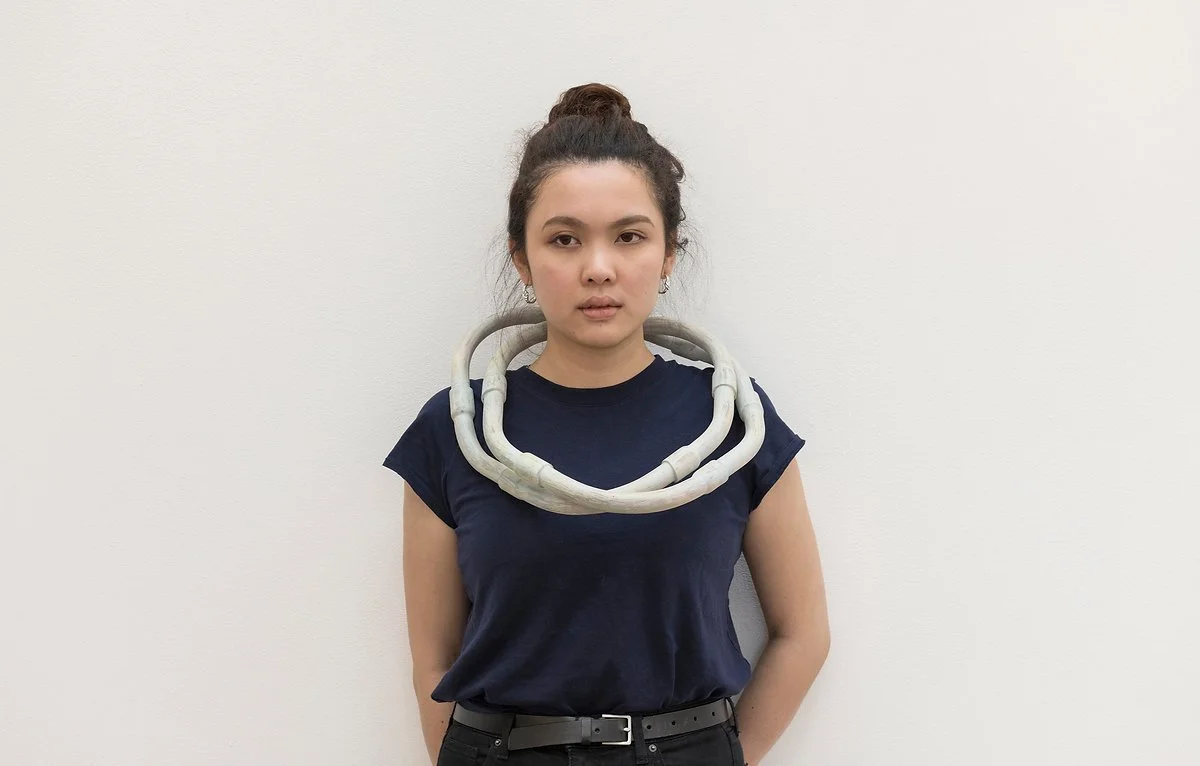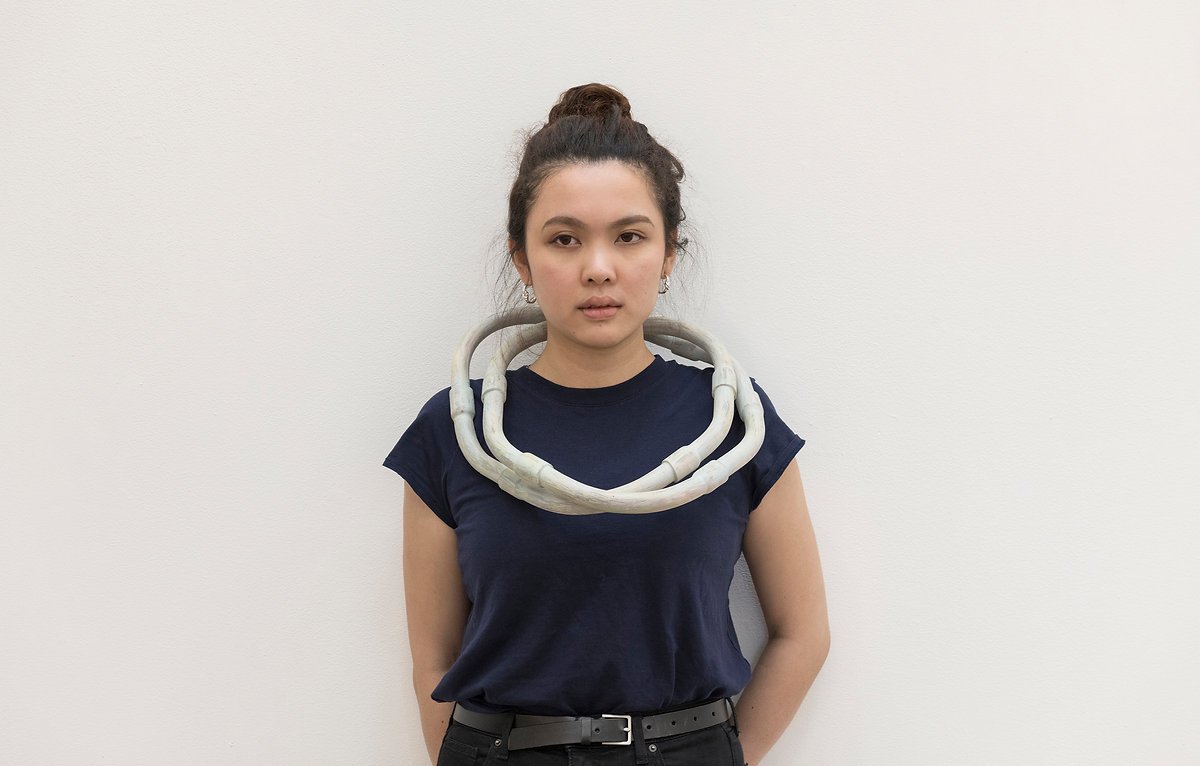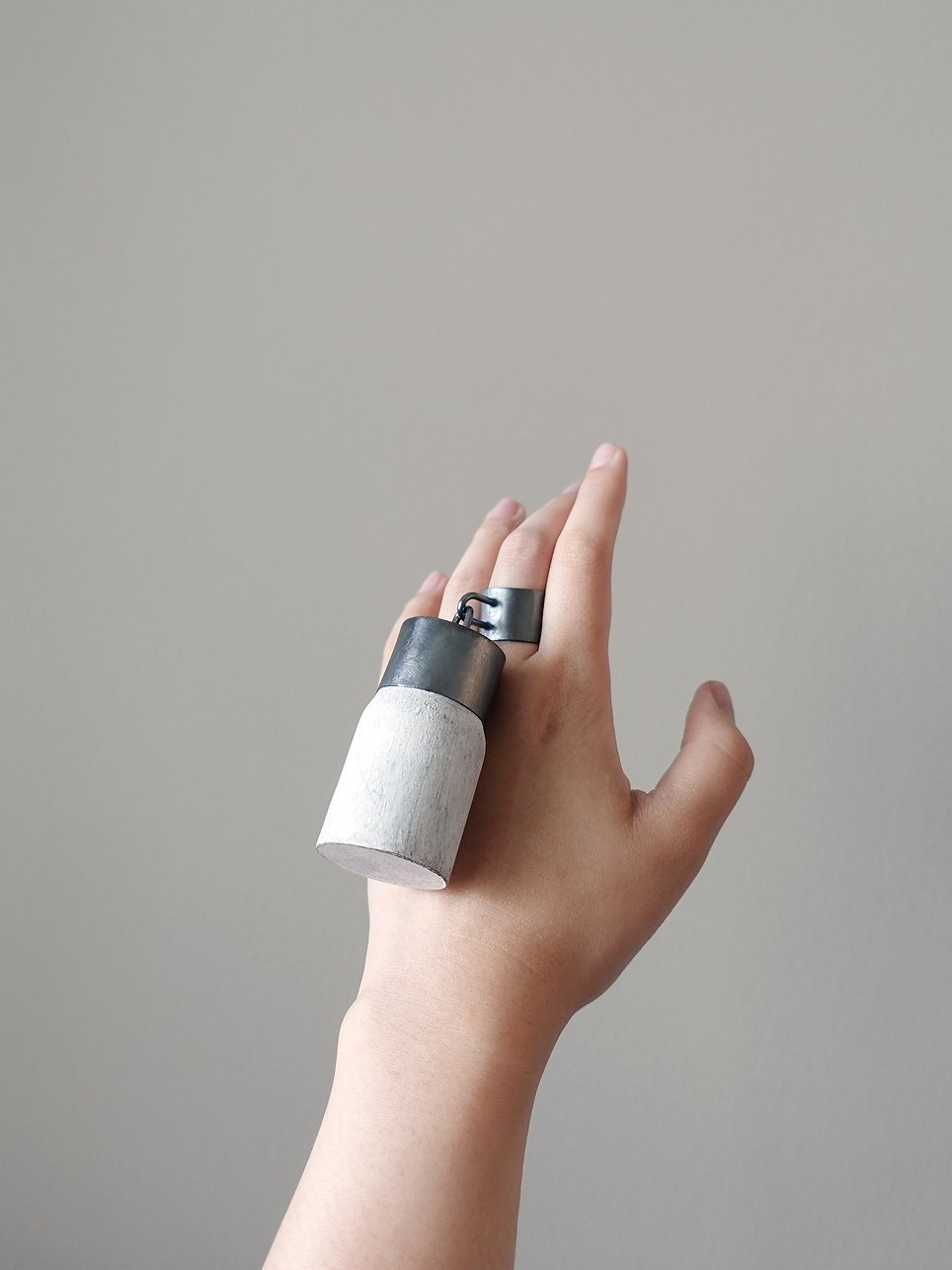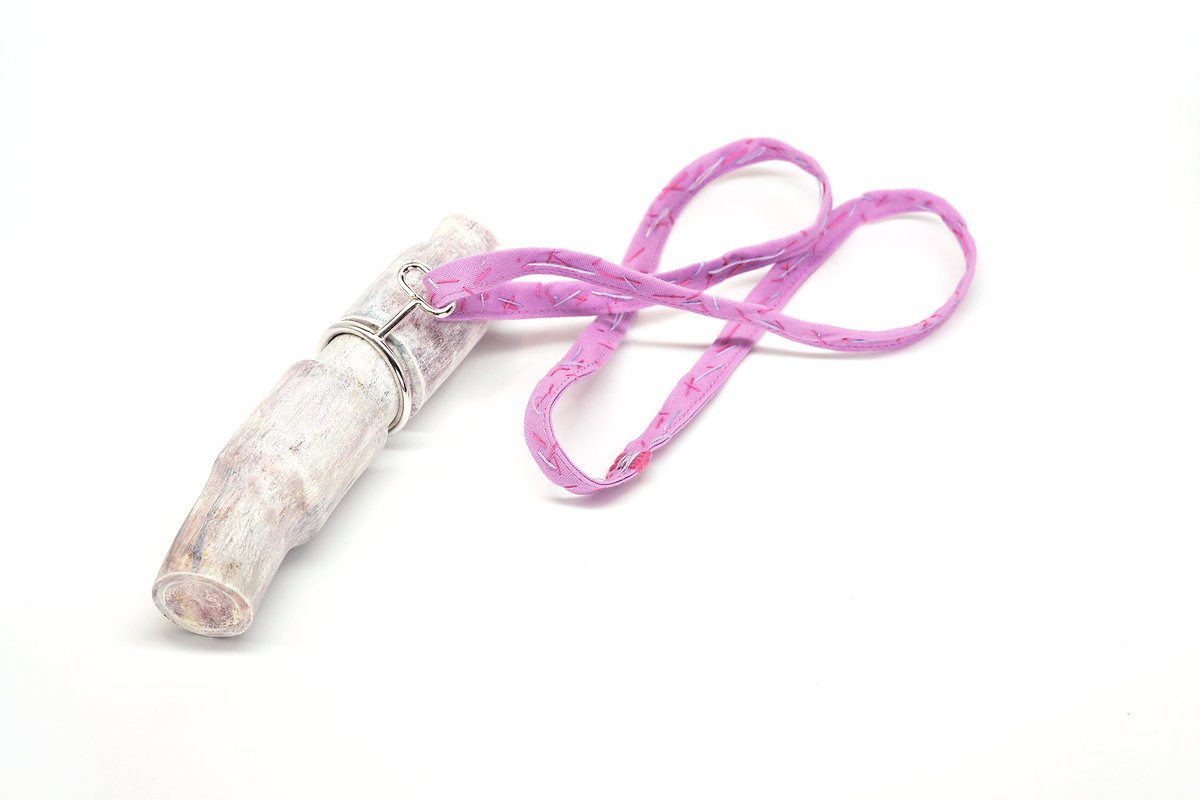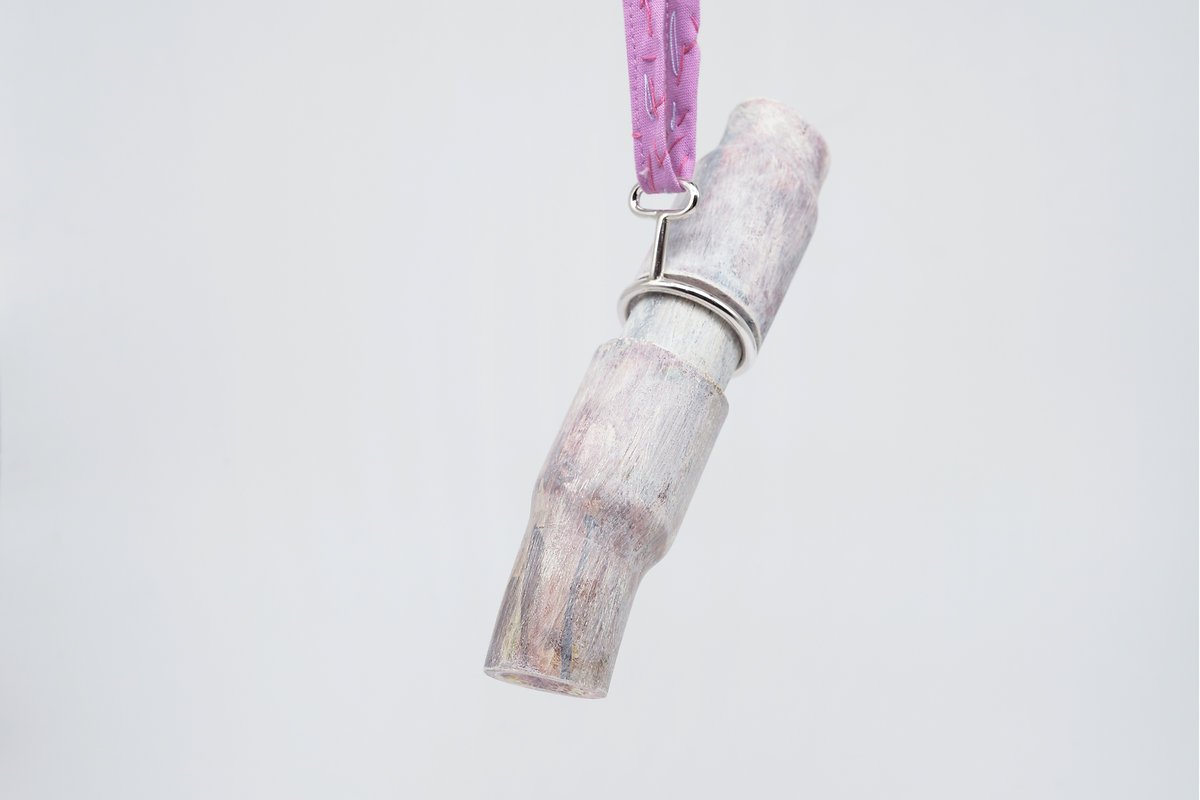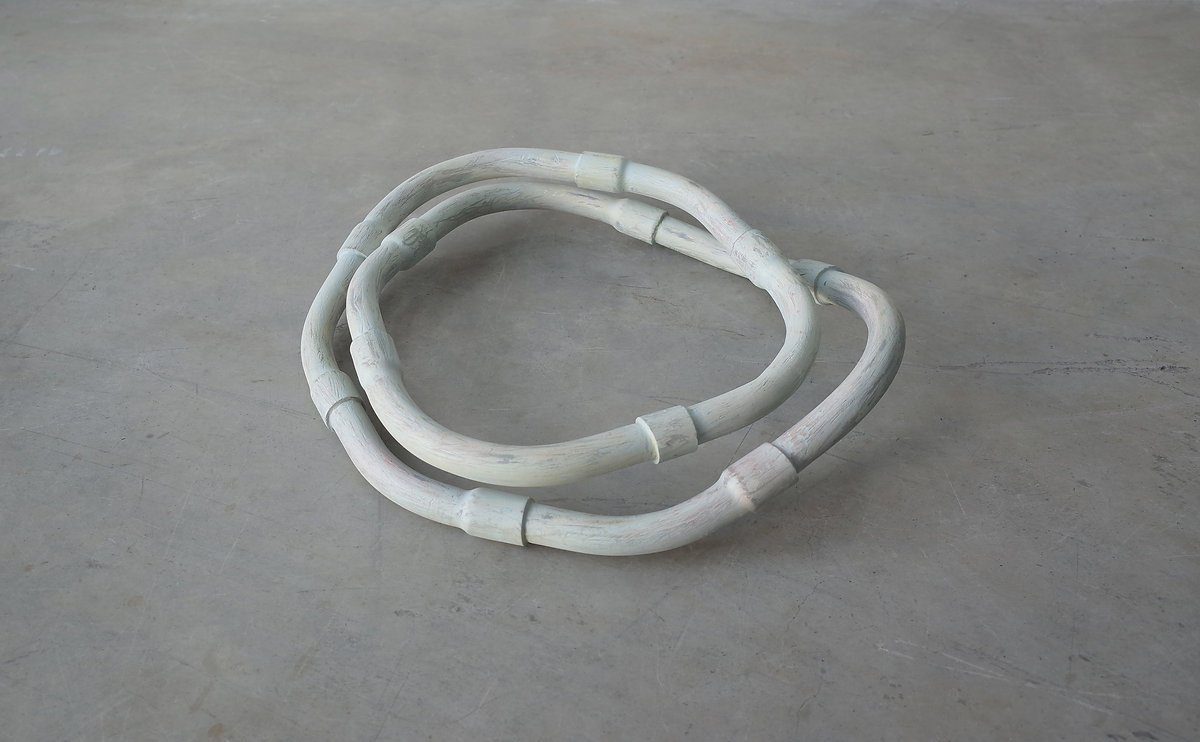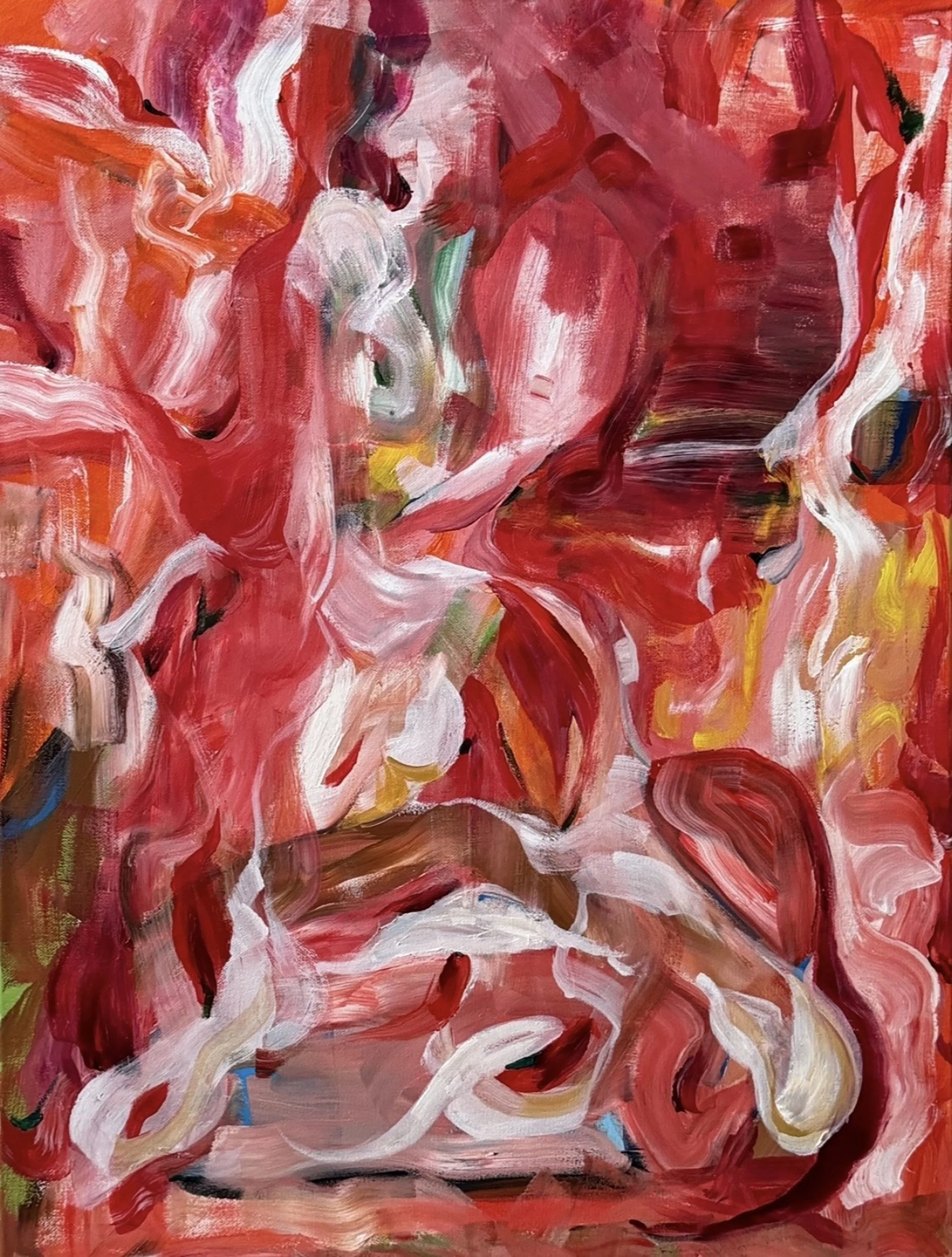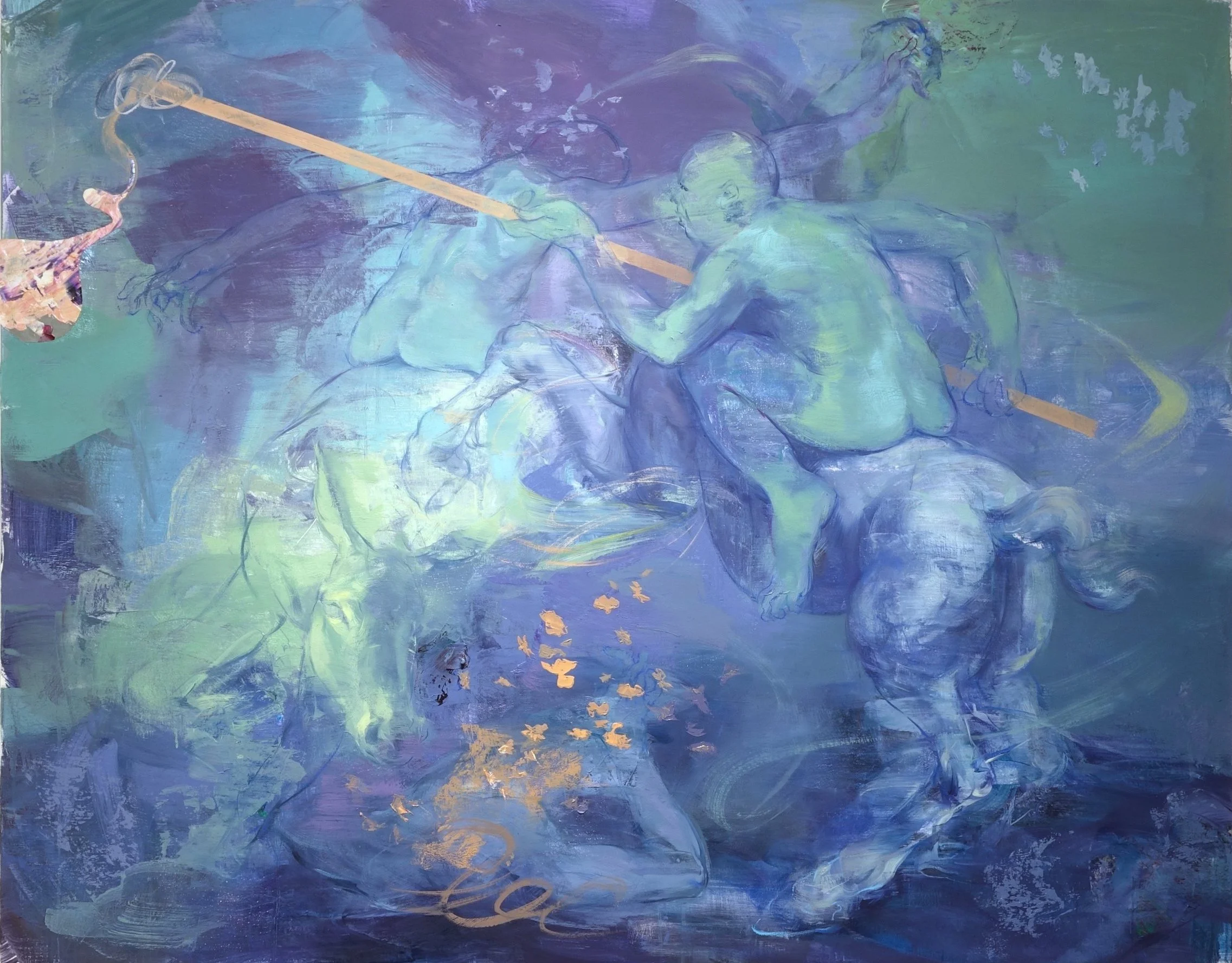10 Questions with Suyu Chen
AL-TIBA9 ART MAGAZINE ISSUE11 | FEATURED ARTIST
Originally from the south of China, Suyu Chen is a contemporary jewelry and craft artist based in Rochester, NY, after graduation from the MFA program at Rochester Institute of Technology (Rochester, NY). Her works are inspired by her personal experiences of living in different places and the relationships of her cultural background. Through repetitive experimental explorations of alternative materials and fine metal practices, her works got unique consequences and forms. Suyu received a BA from Guangzhou Academy of Fine Arts, China, majoring in Decorative Arts and Design in 2015. She also studied at RISD (Providence, RI) and Kunstuniversität Linz (Linz, Austria). Suyu has exhibited her works nationally and internationally.
Suyu Chen Portrait
ARTIST STATEMENT
It is an interaction between objects and herself: Suyu’s work is focused on the variation and transformation of endless forms by continued use of the same artifact as a basic module. Reaviling subtle layers of imperfection through painting, sanding, separating and combining, and by composing jewelry works that relate to forms and marks, she explores the relationships between practices and self-awareness, artificial objects in traditional arts, and modern mass production. The similarities between traditional art-making processes, industrial production, and art training that she has received all required great amounts of repetitive actions and led to her interest in experimental practices of combining artificial objects. By exploring her cultural background, and the idea of modularity in the art fields, Suyu’s work focuses on the repeated use of the same component, PVC electrical conduits, to create both wearable and sculptural objects.
INTERVIEW
Let's start talking about yourself first. Why are you an artist, and how did you become one?
I went to art college for my bachelor's degree in China and came to the US to pursue a master's degree in the US. A terrible beginning is that I was jealous of a classmate who was very good at drawing in kindergarten, so my competitive nature led me to take drawing classes. And now he has already become a rich scientist, but I am still struggling in arts.
You work especially with jewelry, but you graduated in Fine Arts, and your artworks resemble small sculptures as well. How would you define yourself as an artist?
In my grad school at RIT, there are programs focused on contemporary crafts under MFA degree, including metals and jewelry, glass, furniture, and ceramic. That's the reason why I applied and enrolled in this program. In addition, my professors do lots of both large-scale sculptures and small-scale jewelry, so I was encouraged to work on different scales. However, I love making jewelry, but I don't want to limit myself as a jeweler or jewelry artist.
© Suyu Chen
© Suyu Chen
What messages are you trying to communicate with your art? And what do you think differentiates your approach from others?
Art, for me, is an important tool for self-communication and meditation. I am communicating very inconsequential messages to the outside world that may have only very few people able to connect with me. The hands-on process of crafting is very healing for me, and I can achieve extreme concentration in it. As much as I love to draw, I'm not yet completely free to paint - I still think of techniques from time to time, which frustrates me. In the sense that I may not be able to focus on huge topics, I like to look for small fragments of life, and I believe some people will understand the fun part of it.
How has your art evolved over the years? And what inspired you to experiment?
More details were growing in my works because I kept trying new ways to connect materials, new paints, new resins, etc.
In your presentation, you state that you are influenced by your personal experiences of living in different places and the relationship to your cultural background. How do these influence your work? In what aspects of your work can we find these elements?
The first thing I experienced during my MFA was the cultural differences in my life and studies in the US, which allowed me to begin to understand how previous experiences influence my thinking. My mind and body are receiving a completely different landscape, and a change in habits has sparked my nostalgia for home. Although the forms of my works are kind of abstract, they all relate to my surroundings.
© Suyu Chen
© Suyu Chen
Another key theme in your work is the similarities and differences between "traditional art-making processes, industrial production, and art training." Can you tell us more about it?
Since my childhood, I have been training in drawing and painting in a traditional and strict way. Certain procedures have been passed on from generation to generation, which blends traditional Chinese apprenticeship and Western academic art education. To approach freedom of hands, students must follow the teacher's principles as well as abundant practices of different skills from sketching to drawing, painting to sculpture, and realistic to abstract. My art world was stuck in 19th-century Impression and Qing Dynasty porcelain until I went to an art academy. The repetitive practice hinges on a strong desire to carry on the tradition and experience, even at the expense of some creativity. People believe that creativity or unique personal style can be achieved after thousands of practices. And the method and the idea are also rooted in the traditional craft-making process, industrial factories, calligraphy, and even the writing cubic character in the Chinese language.
What is your main source of inspiration? And how do you incorporate them into your work?
Shopping in the supermarkets alone late at night. Seeing well-organized products in the self is a mind-clearing process.
© Suyu Chen
What do you think of digital exhibitions and presentations? Are you experimenting with these, or are you into more traditional ways of presenting your work?
I do join way more digital exhibitions since last year, and it is a good way to present works for people who can't travel or afford the work shipping cost. However, after a few digital exhibitions, I felt a little bit 'guilty' about uploading my same or similar work images again and again. When the galleries and museum is open again, I still prefer to see the work in person.
© Suyu Chen
We all had much free time over the past year, and some of us dedicated it to discovering new artists. Did you find any positive change in the approach that people have to your art now, compared to last year?
More virtual exhibitions and online symposiums happened last and this year, and my works got more exposure as well. However, the positive change mainly happened online. I am still waiting for a better chance to visit my friends and families.
And lastly, what are your plans? Are you working on any new piece or series?
More and more exhibitions and craft shows are back to in-person this year, I definitely want to participate more. I have so many plans such as attending some workshops, learning something new, maybe trying to combine 3D printed elements in my work, trying more collaboration with photographers as well as art stores, and traveling around!
Artist’s Talk
Al-Tiba9 Interviews is a promotional platform for artists to articulate their vision and engage them with our diverse readership through a published art dialogue. The artists are interviewed by Mohamed Benhadj, the founder & curator of Al-Tiba9, to highlight their artistic careers and introduce them to the international contemporary art scene across our vast network of museums, galleries, art professionals, art dealers, collectors, and art lovers across the globe.

